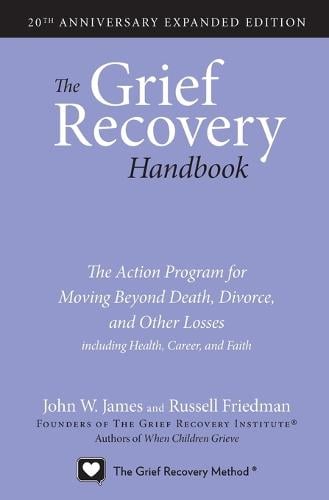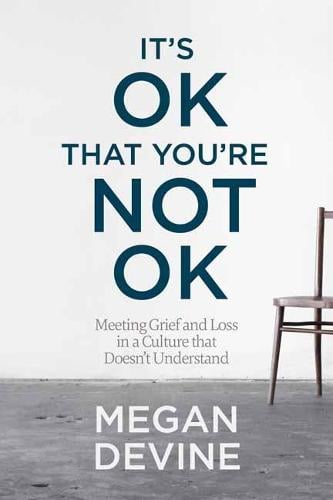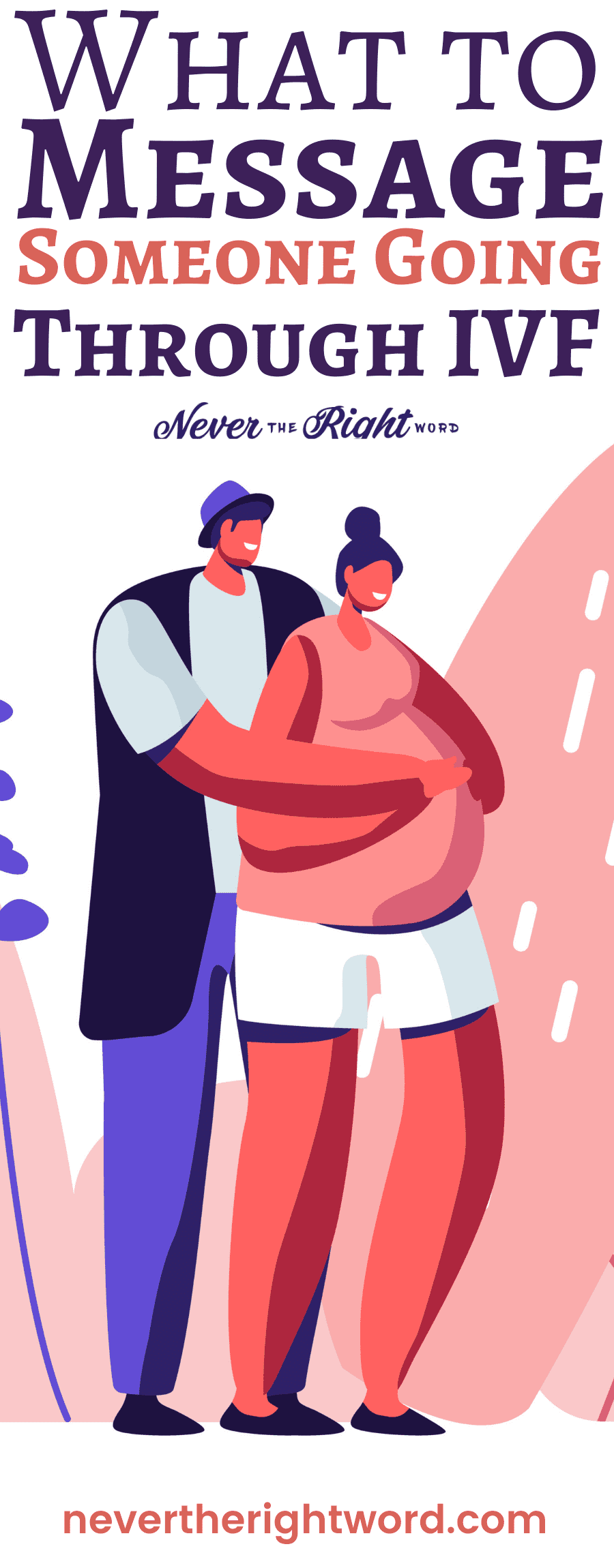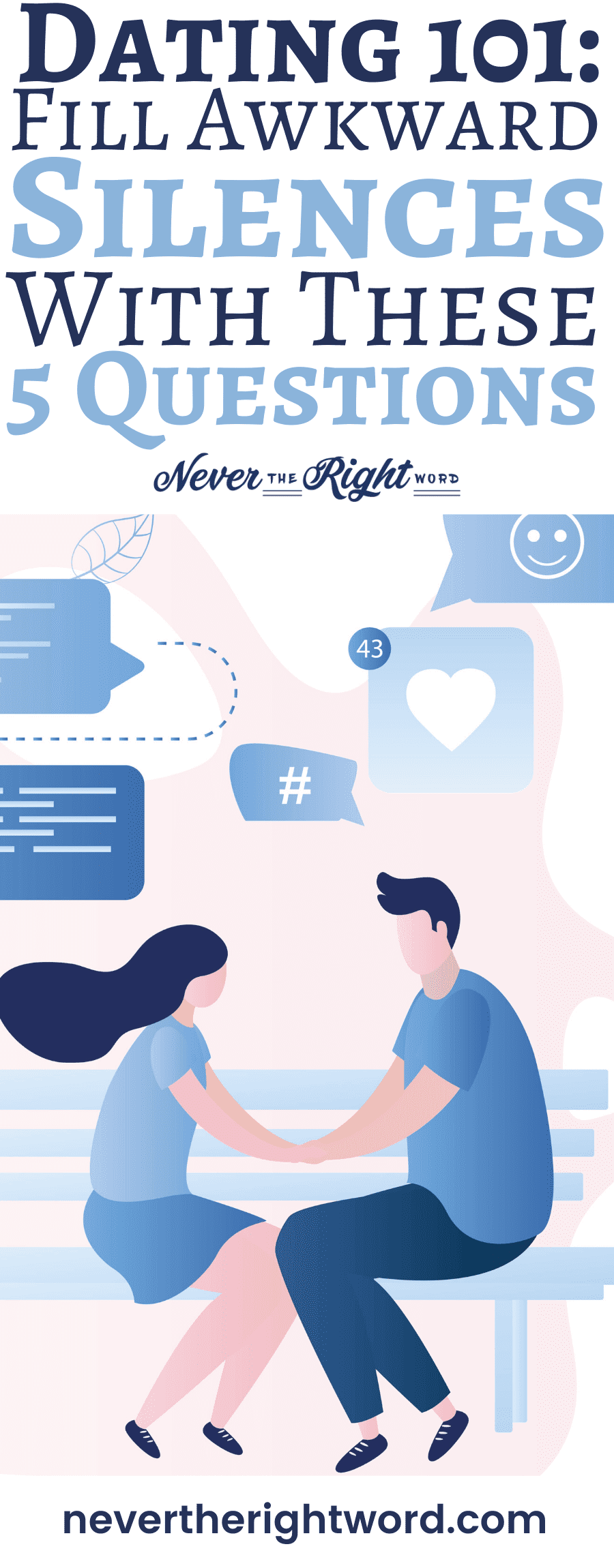How to Tell a Preschooler Their Friend Has Passed On
Death is one of life’s hardest facts and can be pretty traumatizing, especially for preschoolers. If you’re in the unfortunate circumstance of having to explain to your child that their friend has passed away, we’ve tracked down some research to help you out.
So how can you even begin to explain the death of a friend to a preschooler? Start by avoiding vague statements like “Your friend is with the angels now,” or “Your friend is in a better place.”
Regardless of your religious beliefs, you need to be forthcoming with words like “death” and “died.” Euphemisms can be confusing to a child, and this lack of understanding can make it hard for them to come to terms with the loss.
As difficult as it is, your child will need to understand that death is permanent and that their friend now lives on in memory and in the hearts of everyone they knew.
Passing on your beliefs regarding the afterlife can offer some support to deal with your child’s heartbreak, but make sure also to address the physical, earthly situation.
You can start the conversation with something like:
“I know [Name] is your best friend, and they haven’t been feeling very well for quite some time now. It’s very sad for [Name’s] Mommy and Daddy, and for us, but [Name] has now passed on.
This means they live on in our hearts and minds, but they don’t live with us here on earth anymore. It’s very sad for us, but they no longer have to be in pain anymore.
Every little boy and girl should be able to be free to play without their body hurting, and it’s really unfair that your friend’s body wouldn’t allow them to play without it hurting them“
More than anything, be patient and compassionate with your preschooler. Children need time to come to grips with such a big loss, especially if they’re new to the concept of death.
They may also deal with their grief much differently from an adult. Let them absorb things in their own time, and be present for them as much as you can.
Explaining Death to a Preschooler
Death is difficult for all of us. As adults and caregivers, our instinct is to protect our loved ones, especially small children, from the harsh realities of the world. In trying to safeguard their innocence, we sometimes prevent them from finding the knowledge they need to grow stronger and overcome challenges.
Before we can discuss death with our children, we need to consider the way a child thinks. Learning about their thought processes, which can be wildly different from ours, is crucial to helping them comprehend such abstract and challenging concepts as mortality and death.
How Children at Preschooler Age Perceive Death
Children under the age of five have a hard time understanding that death, in the real world, is permanent. In cartoons and other media aimed at younger children, “death” is portrayed as something which characters bounce back from—think Looney Tunes or similar shows—or is never addressed at all.
Knowing this, it’s important for us to explain the reality: that death is forever and once someone dies, they are not going to come back. In order to cope with their confusion and grief, some children will become obsessed with dying. You may find them drawing pictures of dead people or holding funerals with their stuffed toys. They may ask constant uncomfortable questions.
While your gut may tell you to distract them from the subject and find happier alternatives, it’s better to let them adjust in their own way. Creative pursuits are one of the ways a child works through their feelings, while questions allow them to explore and come to terms with this new, often frightening idea of mortality.
Remember that no two children are the same. It’s not strange for a child to show no distress over the loss of a grandparent but grieve for months over the death of the family dog. Watch your child for signs of mourning and address these as they come. If they seem fine, don’t pressure them to be otherwise.
Simply continue offering comfort, expressions of love, and chances to talk. Now that we know more about how children think, let’s take a deeper look at how to teach a preschooler about the loss of a friend.
Explaining the Death of a Friend to a Preschooler
Children See Everything
As good parents and guardians of our children, it can be a temptation to protect them from the painful ordeal of death. As the saying goes, out of sight, out of mind—right? Besides any personal reluctance involved in speaking frankly about death (especially if the conversation is triggered by a recent loss), adults will often avoid the discussion as a way of shielding their child from heartache entirely.
Although this reasoning comes from a place of love, it may cause the child more harm than good. Children are far more observant than we give them credit for. They will notice the change in everyone’s mood and behavior, no matter how hard people try to put on a brave face.
Confronted with an unexplained atmosphere of sadness and depression, kids often internalize the emotion and end up worried or upset themselves without knowing why. It’s far better to create a safe space where children can be honest, and open about their feelings.
Be Clear in Your Language and Explanations
When introducing the subject of death to a child, avoid using euphemisms or talking in stock phrases. It may feel more comforting to tell your child that “[Name] went to be with Jesus” than that “[Name] died,” especially if this is indeed part of your faith.
However, terms like this don’t address the reality of what your child sees. Be clear and honest about what has happened and is going to happen, and don’t forget to address the physical side of death as well as the spiritual.
In trying to shield your child from death, you might be tempted to say, “God took your friend to be with him in Heaven.” But rather than feeling comforted by this, your child may develop deep-seated resentment of God and fear that at any moment, they might also be taken from you.
If your home is not a religious one, it’s best to forgo religious terminology entirely. Suddenly presenting the ideas of Heaven, God, and angels to a grieving child who’s not familiar with them isn’t comforting, and may instead be confusing and scary.
Don’t Fear Hard Questions
Sometimes we avoid talking about death with children because we don’t have the answers. We’re afraid to open ourselves up to questions like “Why did [Name] have to die?”, “What does dying feel like?” or “When am I going to die?” because we just don’t know. You don’t need to fear to answer hard questions like these with the simple truth: “I don’t know.”
You might add that nobody knows, or tell your child about different theories you’ve heard. You might ask them what they think about it. It may surprise you how close you will feel to your child when you admit you don’t know everything and open yourself to difficult discussions like this.
The reality of death is not an easy thing to cope with, even for adults. You may be tempted to avoid exposing your child to the idea at all. For their sake, resist the temptation. Talk honestly with him or her and make sure they know that it’s okay to ask questions.
Illustrations courtesy of Shutterstock.
This article was originally published on https://www.nevertherightword.com. If this article appears on any other site other than https://www.nevertherightword.com without clear referencing it is a violation of the copyright owned by https://www.nevertherightword.com.
This article may contain affiliate links. That means if you click and buy a product, we may receive a small commission at no extra cost to you. Never the Right Word is a participant in the Awin Affiliates Program, an affiliate advertising program designed to provide a means for sites to earn advertising fees by advertising and linking to participating merchants. For more information, please view our Privacy Policy and Earnings Disclosure page.
The Earlier Kids Learn About Death, the Better
While your kids are still young, be open to opportunities where you can teach them about death. This may sound awful, but in reality, it doesn’t have to be a big deal. There are ways to go about it that will prepare your child for later without traumatizing them. Children are endlessly curious, and when they want to know more, they’ll know where to come. The point is for your child to have a healthy awareness of death before it affects them personally. It’s easier to discuss the details when there is no grieving involved.
We read a story about one mother who used the death of a houseplant to introduce the concept to her small son. She demonstrated the permanence of death by showing him the dried-up plant and explaining that because it had died, it would never grow any more. It wouldn’t use sunshine or drink water anymore, and it would wilt back into the ground it had grown from.
Whether you know it or not, your child has probably been exposed to the idea of death many times. Cartoons, storybooks, movies… death is everywhere. Don’t make it into a bigger mystery than it already is. If there’s a dead bird by the sidewalk, don’t rush to steer your child elsewhere. Use the opportunity to talk about it. If your neighbor’s cat dies, explain what that means and that the neighbor is sad that the cat is gone.
You might suggest doing something nice to cheer them up. Even when a character dies in a children’s movie, it could be a good chance to talk about what it means when someone dies. If, when you’re having these small discussions, your child asks for more information about death, give it. If they don’t, let the subject go and move on without making a fuss.
Routine Helps Stabilize Your Preschooler’s Emotions
When a death has affected your child, a good way to help them cope is to stay as close to their normal routine as you can. It’s unfortunate, but even the tragedy of losing a loved one does not stop the world from turning around. A familiar schedule will go a long way towards comforting you both, and staying active will give your child more to focus on besides missing their loved friend and how sad they feel.
Children thrive on routine. It helps them to feel secure and can help them maintain a sense of normality in a tough time. If possible, and if your child feels up to it, follow your usual daily routine. Send your child to school or daycare, help them get to sports and extracurriculars. Do your best to tuck them into bed at the same time you usually do each night.
If your child is sad and upset and needs to take time off school or sports, that’s fine too. Only you and your child can know how much you’re able to handle right now. However, you should try and encourage your child to stick to the manageable parts of their routine and ease back into the rest when they feel able.
Ensure Your Preschooler Knows They Are Not Responsible
The world of a child is small, and because they don’t yet have insight on how it works, most children consider themselves its center. For better or worse, they tend to view events with themselves in the main role. Sometimes this means that a child blames themselves and their own perceived transgressions when someone close to them dies. This way of thinking is clearly faulty and can be harmful to the child if left unaddressed.
If you think your child might be feeling this way, let them know that death is a normal process and there’s nothing they could have done to stop it, especially when the death was from accident or illness. Likewise, the death is not a result of something they or anyone else did.
Tell them plainly that their friend’s death wasn’t something that anyone could have prevented or changed. Your child may not believe you at first, but with time, reassurance, and open communication, you can eliminate the guilt they feel.
If Possible, Give Your Preschooler the Option to Attend the Funeral
As a parent, you’ll want to shield your child from pain. A common consideration for parents of a young child is whether they should attend the funeral. Is it likely to traumatize them? What if they get scared, upset, or cranky during the service? If your child is old enough for a conversation, then the best way is to ask them.
Tell them what a funeral is and what they can expect to happen there. Explain that they’ll have to sit quietly during the service, how long it’s likely to take, and that they’ll need to be on their best behavior. If you expect to attend a graveside event, tell them about that too.
If they want to go, then you should allow them. Most children mature enough to want to go to a funeral are also mature enough to sit still, especially once you’ve explained the importance of the event. If you’re still worried, see about enlisting a responsible babysitter to attend the funeral with you. You might also excuse yourself and your child for a little while if you’re willing to do so.
If you decide to take your child to a viewing, explain that the person is dead and not simply sleeping. When the body looks fairly normal, which is often the case at a viewing, it can be confusing to a child and cause unnecessary alarm when it comes time for the burial.
Answer Your Preschooler’s Questions About Death
When death hits close to home, children will often be upset, but they’re also likely to be curious and have a lot of questions. They may want to know about the process of death itself, where they’ve gone, or what will happen to their friend’s body now. They may also worry about their own death or the deaths of other loved ones. Don’t ignore or reject them. It may be painful or uncomfortable, but do your best to answer openly and with a welcoming attitude.
Create an environment in which your child feels comfortable approaching you. They may be afraid to upset you further or nervous about the topic in general. Be prepared to address the same questions many times. By asking repeatedly, a child isn’t trying to annoy you or make you change your response.
Don’t scold or discourage them from bringing their questions to you. Make it clear that no matter what they want to know, it’s okay to ask, and they’ll be more likely to come to you again in the future. Your child will likely be seeking reassurance that what you said before is still valid, and what happened, happened. This is just one way that children absorb a difficult concept like that of death.
Encourage Healthy Expressions of Saying Goodbye
If at all possible, give your child options as to how they want to participate in honoring and saying goodbye to the dead. This is especially important when the deceased person was a beloved friend. Keep in mind that if you have more than one child, they may not want the same things. Let them each make their own choices.
Would they like to say a little something at their friend’s service, or write something for someone else to read aloud? Do they want to help choose the funeral flowers, or draw something in their memory and have it displayed?
If they don’t want to participate in the funeral, maybe they’d still like to do something in the privacy of their home or room. You might let them choose their favorite picture of their friend and frame a copy for the wall, or decide what keepsake they would like to remember them by.
Keep Talking About the Deceased
It can be painful to talk about someone after their death, especially when the wound is fresh—but the worst thing you can do for your child is make talking about their lost loved one taboo. Not only is it unhealthy for them, but it’s also unhealthy for you too.
Don’t force your child to talk before they’re ready but once appropriate, encourage your preschooler to open up as much as they can. Let your child share memories about their friend, and the value they brought to their life.
It doesn’t need to be a drawn-out discussion if that’s too painful. Help your child to remember their friend by saying little things like “I remember Jimmy always liked football” or “Remember how Rebecca helped you with your homework?” will allow their loved ones to remain a part of their lives, even after they’re gone.
Many children are also comforted by having a keepsake. Again, this serves to help keep the person’s memory alive and bring up memories of happy times spent with them.
When it comes to death, accept that everyone handles things differently. Some kids will want to talk about the deceased all the time, while others may not want to at all. It’s up to you as their caretaker to give them a safe place to process the death in their own way.
Grieving is an Individual Process
Some children will have lots of questions; others will want to be left alone. No two people react alike in stressful situations like this, and we should be respectful. The best way to tackle this is simply to ask the child whether they’d like to talk. As the adult and caregiver, it’s your job to get the conversation rolling and find out what your child needs.
If they would rather not talk about it, be respectful of their boundaries and don’t force them to, but don’t forget about it altogether. They may want to revisit the subject later when they’ve had more time to think about it. Continue to reassure your child that you’re here to talk if they need you.
Listen to Your Preschooler
Even more important than being available to talk is being ready to listen. When our children are in pain, we tend to seek ways to “fix” the problem, but death and grief are not things that can be fixed. People need time to heal from the death of a loved one, and even then, can never entirely get past it. Pay attention to their individual needs, and when in doubt, ask them.
Don’t try to fix everything for your hurting child. Instead, listen to what they have to say and sympathize with their feelings. Children are often comforted by being held and touched. A hug can convey an emotion that words often can’t. Just remember that each child is unique, and what is helpful to one may not help another.
It’s Okay to Feel Happy Sometimes
It’s not disrespectful to the deceased to be happy or laugh while you’re grieving. Humans can be happy and sad at the same time. It’s perfectly healthy to still enjoy things in the wake of a loved one’s death. Carrying so much grief around is exhausting, and it’s all right for us to take a break from it now and then. It’s perfectly normal to experience an array of emotions and thoughts when dealing with grief.
Children especially may want to play and laugh as a distraction from the stress and confusion that immediately follows death. Let them play. It’s natural for them to do so. There’s nothing wrong with smiling and being happy, even when someone has died. Would your preschooler’s friend want your child to wallow in total sadness?
Tell Your Preschooler What to Expect Next
If significant changes to your child’s life are coming as a result of the death, let your child know ahead of time. The unknown can be terrifying, and children will adjust better with advance notice. Let them know that they won’t be able to visit their friend’s house for sleepovers anymore and that their friend lives now in their heart.
By letting them know what changes are coming before they happen, it will allow the child time to get used to the idea, and will hopefully reduce or eliminate their struggle to adapt. We can only do our best. You won’t know precisely how to explain death to your child, and that’s okay.
Be patient and loving, and if you don’t have an answer to your child’s question, say so. Your children will appreciate your honesty. Be understanding and honest, and you’ll both make it through this hard time in your lives.
At Never the Right Word, our aim is to give you practical examples of how to handle life’s difficult conversations. If you have an awkward situation that you’d like example templates for, request a topic here.
If you’re interested in further reading, we’ve also included links to our trusted resources and related posts below. To find out more about NTRW and our recommended tools, you can do that here.
Lastly, if you found this content helpful or want to share your own examples, let us know in the comments. We’d also be delighted if you shared this article and joined us on social media too!

Never the Right Word
Hi there! I’m Amy, and I’m the person behind Never the Right Word. I’m a designer-by-day who’s fascinated by human psychology; you’ll find me learning about what makes others tick through all types of media and good old-fashioned conversation. Learn more about me here.
In 2019 Never the Right Word was born to fill the gap of ‘how-to’ websites with copy and paste examples showing you EXACTLY what you need to say to steer difficult conversations into positive outcomes.
Recent Articles...
Relevant Books We Recommend...

In Option B: Facing Adversity, Building Resilience, and Finding Joy we are shown how we can help others in crisis, by developing compassion for ourselves, raising emotionally strong children, and creating resilient families, and communities. We are taught emotional resilience that's required to face the everyday struggles head-on, preparing us to handle the turbulent unknown parts of life. Option B teaches us how to emerge from our past traumas stronger, focused, tenacious, and with a new perspective on the future. Starting from author Sheryl Sandberg’s personal experience of bereavement, Option B goes beyond her loss to explore how a broad range of people have overcome hardships including illness, job loss, sexual assault, natural disasters, and the violence of war. A truly uplifting read. CLICK HERE to get your copy.

The Grief Recovery Handbook, 20th Anniversary Expanded Edition: The Action Program for Moving Beyond Death, Divorce, and Other Losses including Health, Career, and Faith. Newly updated and expanded to commemorate its twentieth anniversary, The Grief Recovery Handbook helps people complete the grieving process and move toward recovery and happiness. Drawing from their own histories as well as from others', the authors illustrate how it is possible to recover from grief and regain energy and spontaneity. The Grief Recovery Handbook offers grievers the specific actions needed to move beyond loss such as; faith, career and financial issues, health, and growing up in an alcoholic or dysfunctional home. CLICK HERE to get your copy from Book Depository.

In Lost Connections: Why You’re Depressed and How to Find Hope, we find out what the real cause of depression and anxiety is and what resolutions are available. Award-winning journalist Johann Hari has had first-hand experience of the subject matter, from suffering depression throughout childhood through to adolescence. During a period of research that spanned across the globe, Hari found social scientists who were uncovering evidence to support the idea that depression and anxiety are largely caused by problems with the way we live today. Once he had established nine real causes of depression and anxiety, Hari was lead to scientists who are uncovering seven varied (but highly effective) solutions. Will this change the way we look at anxiety and depression forever? CLICK HERE to get your copy.

In It’s OK That You’re Not OK, author Megan Devine offers a profound new approach to both the experience of grief and the way we try to help others who have endured tragedy. In this compelling book, you’ll learn why well-meaning advice, therapy, and spiritual wisdom so often end up making it harder for people in grief. You'll learn how challenging the myths of grief—doing away with stages, timetables, and unrealistic ideals about how grief should unfold—allows us to accept grief as a mystery to be honored instead of a problem to solve. You'll receive practical guidance for managing stress, improving sleep, and decreasing anxiety without trying your pain being a problem you need to 'fix.' Lastly, you'll learn how to help the people you love. CLICK HERE to buy your copy.
Check Out Our Recommended Resources.
Looking to become a digital publisher like us? We highly recommend these tried-and-tested tools:
We Recommend Elegant Themes
The Elegant Themes membership gives you complete access to 87 amazing themes and 3 awesome plugins, including Divi, the ultimate WordPress Theme and Visual Page builder. Elegant Themes have been building the world's most popular WordPress themes for the past 10 years, and rest assured their products will always be improved and maintained.
Build Anything With Divi Theme
One of the most popular WordPress themes in the world. Building layouts is easy and fast, making it ideal to create mockups and wireframes, prototyping a design, and creating the website itself. Build from the frontend or backend. The builder is intuitive. It's easy to learn and can be used by non-developers to create amazing websites.
Customize With Divi Cake Plugins
Divi Cake’s main goal is to help the members of the Divi community find the perfect premium Divi themes, layouts, and plugins created by leading Divi developers and designers. Shop hundreds of premium Divi products like Divi child themes, Divi layouts, and Divi plugins on Divi Cake, the community-driven Divi Marketplace. Find out more about Divi Cake here.
We ❤️Shutterstock Media
We get our images from the OG in stock assets. Boost your business with the right images. They're royalty-free and ready to use. Footage & Music Libraries. 4k Images Added per Hour. No Daily Download Limit. Speedy Search & Discovery. With flexible plans and countless amounts of premium content uploaded weekly, we had to mention Shutterstock.
Skill-Up With LinkedIn Learning
When you want to enhance your professional skills with expert-led, online video tutorials, the only place to go is LinkedIn Learning (Lynda). With a subscription you get 24/7, unlimited access to over 13,000 business, design & tech online courses and with a free month. We like them because we get expert-led courses that we can access anytime, anywhere. What's not to love?
Reliable Hosting With SiteGround
SiteGround boasts a whole list of fantastic features at amazingly affordable prices. Along with multiple growth options, free site transfers and domains, built-in Content Delivery Network integrations, WordPress support, AND human support we wouldn't go to anyone else. They're basically faster, safer, and more supportive- you can check them out here.
We Trust Grammarly Premium
Even seasoned writers need a helping hand at times, that’s why we trust Grammarly Premium. As the World's Most Accurate Online Grammar Checker, Grammarly Premium goes beyond grammar to help you ensure that everything you write is clear, engaging, and professional. Try Grammarly Premium’s AI-powered assistant here.
Find Graphics With Creative Market
Creative Market is the world’s marketplace for design. Bring your creative projects to life with ready-to-use design assets from independent creators around the world. We love the unique finds, social media templates, vectors you name it they have it. I also doesn't hurt that our founder has a little store on there...
Powered by Creative Market
Powered by Creative Market
Contact Us
Follow NTRW
Support NTRW
Donating to Never the Right Word will
help us produce more free content. Thank you!




















